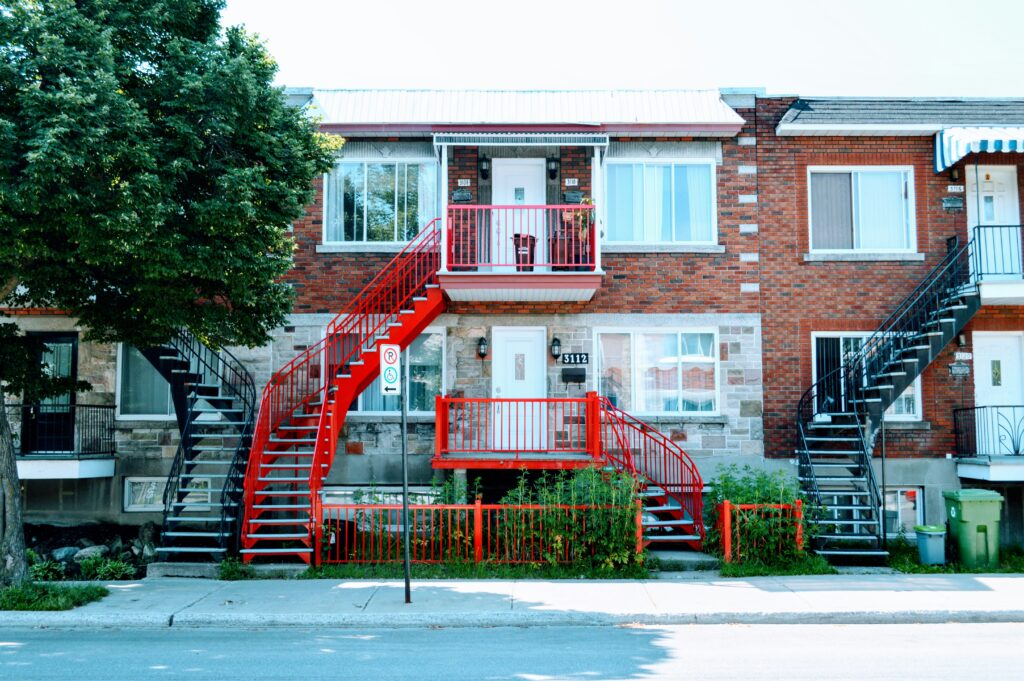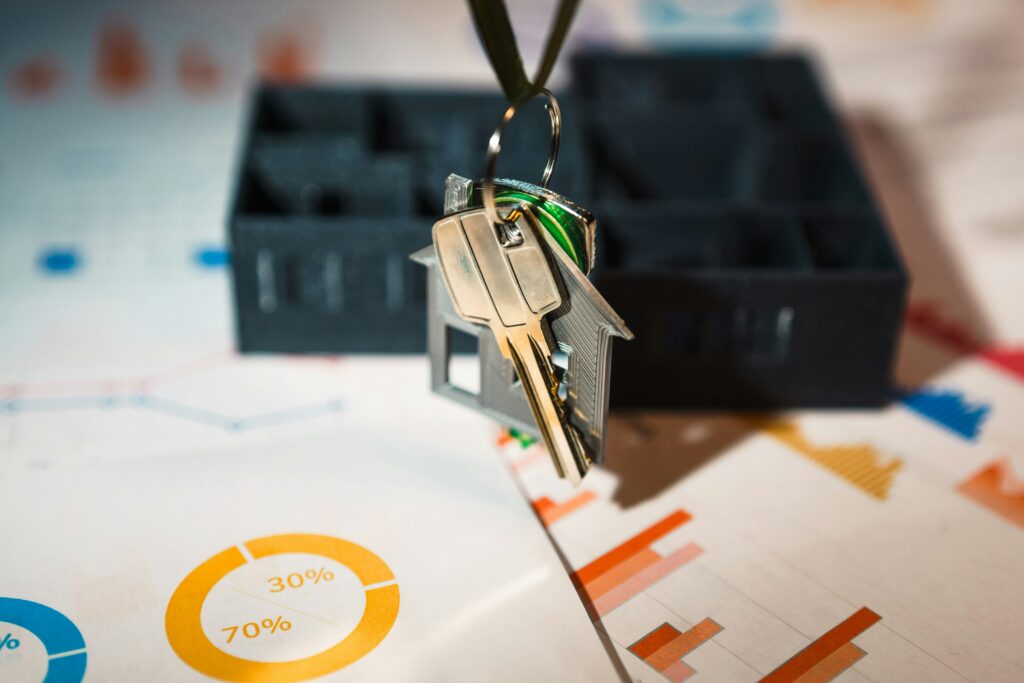Selling A House In Probate
Your complete guide to selling a probate property






Selling a home in probate: Key takeaways
Navigating the probate process while managing the sale of a property can be complex and emotionally taxing. Here are the key points to keep in mind if you’re selling a home in probate:
Can you sell a house before probate is granted?
No, you typically cannot sell an inherited property until probate is granted. Without being granted probate you lack the legal standing to sell the house. There are a few exceptions, like if you happen to jointly own the property with the person who has died.
But the completion of the sale is only the final part of selling property. In other words, while you can’t sell the house outright before probate is granted, you can start getting it ready for sale. You can get valuations, speak to estate agents and even start getting quotes from a company that offers cash for houses like us. That way, when you do get probate, you’re one step ahead.
If you’re facing this situation, you’re not on your own. Sell House Fast understands the unique challenges you’re going through, both practical and emotional. That’s because we have helped people facing what you’re now going through. While you might be feeling overwhelmed and unsure what to do, take heart as this guide will set you up with the knowledge to navigate the probate process and explore all your options when selling a property inherited through probate.
What is probate?
When someone dies, their assets (like property, bank accounts, investments) and debts become part of their estate. Probate is the legal process of administering that estate. It’s basically the legal process of sorting out what’s been left behind.
We’ll get into what the process involves below, but in a nutshell it includes valuing assets, settling debts, before distributing the remaining estate to beneficiaries. Who gets what will either be determined by the will, or by law if there’s no will.
What is an executor and how does it relate to selling a house in probate?
The executor is at the heart of the probate process. This is the person who was appointed (by the deceased or the court) to manage the estate. Their duties cover a sprawling range of tasks: from seeking legal approval to administer the estate to making crucial decisions about its assets, including property.
But to do any of this, they must first get a grant of probate, which is a legal document that legally approves them to administer the estate. This gives them the power to make decisions on behalf of the deceased, including the sale of property.
If you’re an executor, getting your head around the probate process isn’t a walk in the park…but it is essential, and it’ll pay off down the line.
What does the probate process involve?
Exactly what’s involved in the probate process depends on the size of the estate, as well as what it’s made up of. However, there are some key steps that the majority of executors will have to go through.
- First, an executor has to apply to the probate court for a grant of probate. This is a legal document that authorises the executor to manage and make decisions about the estate. The application process involves giving information about things like the deceased, their assets and who the beneficiaries are.
- Once the grant of probate has been given, the next task for the executor is to take stock of the estate’s assets. Property, financial holdings and personal belongings will need to be identified and located, including property, bank accounts, vehicles, investments and any other valuable items.
- Settling any debts is usually the next stage. All outstanding balances must be paid off, including mortgages, credit cards, bills, taxes and anything else that the deceased owes. (Assuming it’s not a debt that dies with the person, such as a student loan.)
- Next, the focus turns to valuation. The executor has to get valuations for all assets, to ascertain the market value. This is particularly important for property but may apply to other high-value items within the estate.
- If the estate’s value is above the inheritance tax threshold, the executor needs to calculate how much inheritance tax is due, then complete the related paperwork and pay the taxes.
- Only after these financial obligations are fulfilled can the remaining estate be distributed to the beneficiaries. This final stage is far from easy, but it’s a relief to get there as it marks the end of the demanding probate journey.
The probate can intensively drain you of time and energy — not least when dealing with the ins and outs of property.
Is the probate process free?
Unfortunately, the probate process is not free. Depending on the size of estate — and whether you use a professional or go it alone — it will cost you somewhere between £150 and £275 to apply for probate.
Also keep in mind that you’ll have to pay for professional valuations for property and other assets. Legal expenses (i.e. for advice or representation) are less common but potentially rather expensive. But on the other hand, if you’re the executor you may be able to get some funds to cover your time and effort.
Will I pay tax when I sell probate property?
Understanding how tax works in estate management is essential if you’re thinking about selling a probate property. Here are two key types of tax you need to know about if you’re navigating a probate journey.
Inheritance tax (IHT)
This is by far the most important tax to be aware of. It’s a tax levied on the value of someone’s estate when they die. If the estate’s value exceeds the inheritance tax threshold (which is £325,000 until at least 2028), anything over that amount is subject to inheritance tax at a rate of 40%.
Capital gains tax (CGT)
If the estate’s property has significantly increased in value since the deceased bought it, you may need to pay capital gains tax on it. This is because CGT is based on the profit made when you sell the property.
Pro tip: It’s important to keep in mind that tax is notoriously complicated, and there are a few potential exemptions and reliefs that you might be able to claim, reducing the overall tax bill. This is why it can pay to get professional tax advice based on the precise ins and outs of the estate you’re handling.
Can you sell a house before probate?
Generally speaking, no. If we’re talking about completing a sale, unless you have been granted probate, you lack the legal standing to sell the house. There are a few exceptions, like if you happen to jointly own the property with the person who has died.
But the completion of the sale is only the final part of selling property. In other words, while you can’t sell the house outright before probate, you can start getting it ready for sale. You can get valuations, speak to estate agents and even start getting quotes from cash house buyers like us. That way, when you do get probate, you’re one step ahead.
What are my options for selling a home in probate?
Traditional Sale
Sell at Auction
Sell House Fast
What factors should I consider when choosing how to sell probate property?
There is no one single best approach for everybody who is dealing with selling a house in probate. It’s likely to come down to a few things such as:
- Timeframe: If you need to sell quickly with no chance of the buyer backing out, a quick house sale is ideal
- Market conditions: A stagnant property market could make a traditional sale very difficult.
- Property condition: Properties requiring significant work might benefit from a quick cash offer.
- Emotional attachment: If you have a strong emotional connection to the property, it can be difficult to face the drawn-out process of traditional sale, but selling to the highest bidder at an auction can also feel wrong.
How Sell House Fast helps ease the probate property pressure
Sell House Fast offers a straightforward solution to selling a probate property. Unlike other selling options, with us you don’t have to compromise on speed and certainty.
Our service is centred around a quick cash offer and completion process that removes the uncertainty from selling your property. Plus, with no estate agent fees, legal fees, or other costs, we provide a way for you to sell a house for free.
It’s supremely convenient too, because we handle the entire process while you focus on other things. Our offers are competitive, and based on the property market.
What should I do next?
Inheriting a property can be a complicated, emotional, stressful experience — and selling a probate property can add to the challenges. But if you’re reading this, you now understand the process, and your options.
Whether you choose a traditional sale or a quick house sale, it’s crucial to think carefully about your specific situation.
A positive next step at this point can be to seek a cash offer. You can keep this offer in mind and compare it to your other options as you reach the sale stage of your probate process. It’s as easy as speaking to the friendly experts at Sell House Fast for a no-obligation cash offer.


